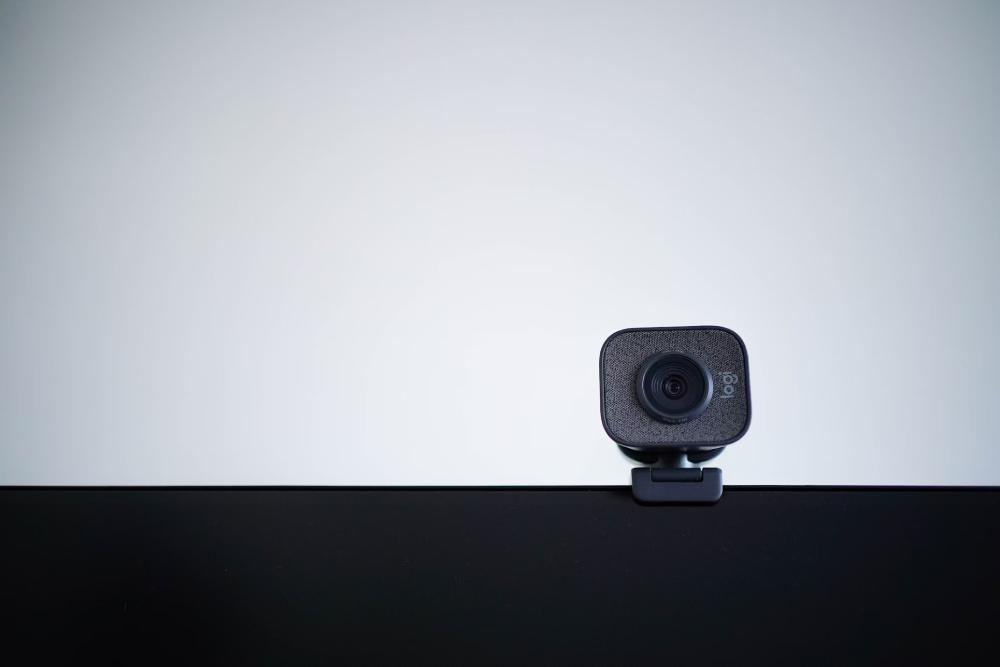Research
We explore the intersections of intimacy, technology, and human connection.
Projects
Kinsey studies
In a series of groundbreaking projects on LiveJasmin, scientists at The Kinsey Institute examine the complex world of camming and online eroticism.
Academic Partners

Dr. Amanda Gesselman is a social–developmental psychologist with additional training in advanced methodology and statistics. She has been with the Kinsey Institute since 2014, and is now the Head of Research Analytics and Methodology Core for the Kinsey Institute and the inaugural Anita Aldrich Endowed Research Scientist at Indiana University.
Over the last 10 years, Dr. Gesselman has been involved in a wide array of social–behavioral research. Her current research interests are in new trends in the romantic and sexual lives of adults around the world, the influence of close relationships on health and well-being, and how technology can be used to facilitate meaningful connections.
Dr. Gesselman has served as a scientific or statistical consultant for various corporations, non-profit organizations, and academic collaborations. Her work has been published in peer-reviewed scientific journals, and covered by international media outlets including TIME, VICE, and Netflix’s Explained.

Dr. Ellen M. Kaufman is an interdisciplinary researcher who received her Ph.D. in Informatics from Indiana University in Spring 2023. She is currently a Postdoctoral Research Fellow at the Kinsey Institute, where her research focuses on the intersection of sexuality and technology, exploring how our relationships and overall sexual and emotional well-being are shaped by new modalities of connection. She is particularly interested in computer-mediated intimacy within the context of erotic labor and social robotics, and her more recent work examines how intimacy is “engineered” in technology-mediated contexts with both human and artificial or virtual partners.

Dr. Rhonda Balzarini is an Assistant Professor at Texas State University and an Affiliate Faculty member with the Kinsey Institute at Indiana University. Dr. Balzarini is a social psychologist studying the interpersonal processes that enhance and detract from the quality of romantic and sexual relationships. Her recent research focuses on how diverse couples can have satisfying and passionate relationships and successfully navigate challenges and distressing situations.

Dr. David Lafortune is an Associate Professor in the Department of Sexology at Université du Québec à Montréal and a clinical psychologist specializing in cognitive-behavioral treatments for sexual dysfunctions. He leads the EROSS Lab (laboratoire d’Étude sur la Réalité virtuelle, les Outils Sexotechnologiques et la Santé sexuelle), where his multidisciplinary team pioneers the development of immersive virtual environments for sexual health. His research addresses conditions such as sexual aversion and erectile disorders and combines both qualitative and quantitative methods to investigate psychosexual factors, treatment approaches, and the integration of new technologies in sex therapy. Dr. Lafortune is currently collaborating with Byborg and the le Shaw team to deepen understanding of the sociosexual characteristics of sex toy users.
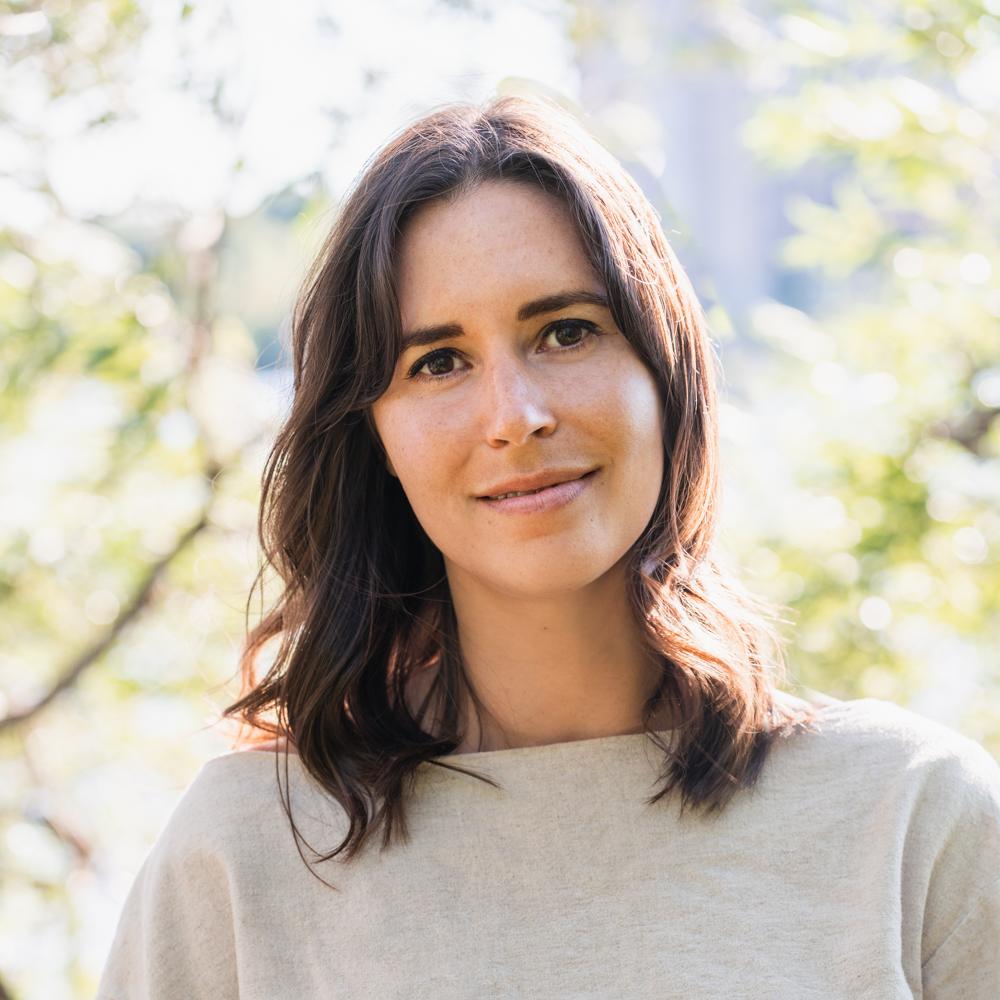
Éliane Dussault, Ph.D., (she/her) is a sexology researcher and lecturer at the Université du Québec à Montréal. Her research interests focus on interpersonal trauma and healing, notably through mindfulness, as well as sexual and relational well-being. She is also a consultant in knowledge mobilisation for various research teams (e.g., SAS-Femmes, CRIPCAS) and a cofounder of Insight Communication Scientifique, a business focusing on improving scientific knowledge mobilisation. In Fall 2025, she will start a postdoctoral fellowship under the supervision of Prof. Sophie Bergeron at the Université de Montréal.
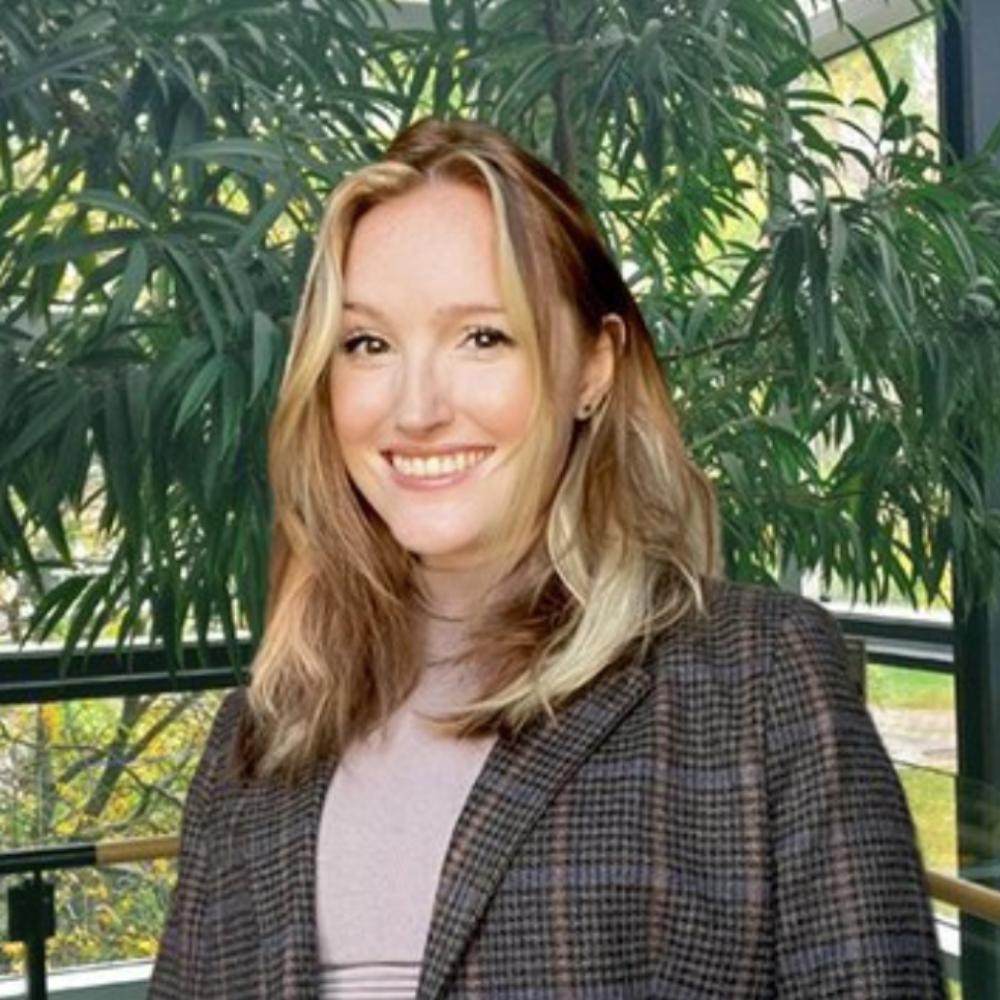
Madison Williams (she/they) completed a Bachelor of Arts in Psychology (hons.) from Concordia University in 2022. Since graduating, she has remained at Concordia to work as a Research Coordinator in the Department of Psychology. Her research interests revolve around sexuality and technology, including technology-mediated sexual interactions (like sexting) and the use of sextech. She’s worked on projects investigating the factors that influence sex toy use and willingness to engage erotically with robots. She will also be starting graduate studies in Experimental Psychology this fall, and is very eager to continue exploring these avenues of research in her new role.
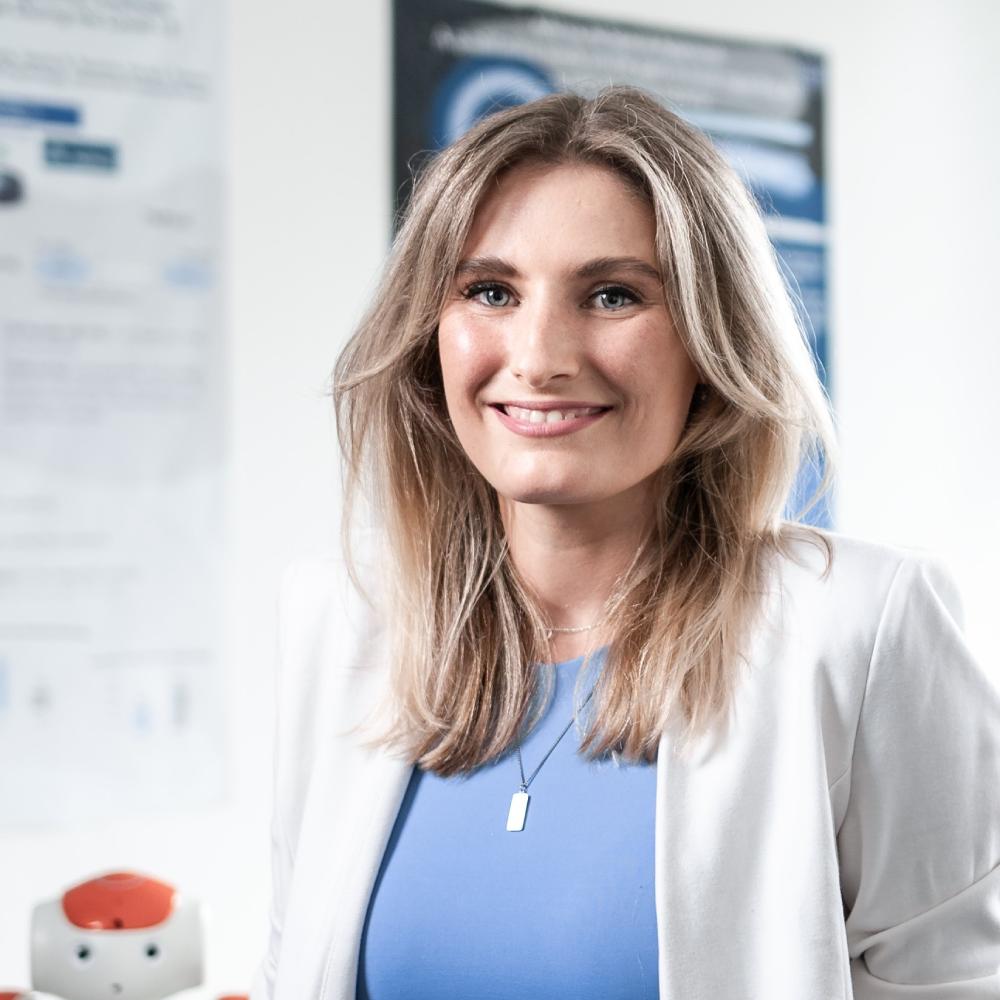
Dr. Jessica Szczuka leads the INTITEC (Intimacy with and through Technology) research group, which is affiliated with the Chair of Social Psychology: Media and Communication at the University of Duisburg-Essen. Her research focuses on how digitalization shapes the experience and concept of love and sexuality. She pays particular attention to the perception and intimate communication with artificial entities like chatbots, conversational agents, and voice assistants. Additionally, she explores intimate interactions between people facilitated by new media. Dr. Szczuka’s academic journey began with interdisciplinary studies in psychology and computer science, culminating in a Ph.D. in human-computer interaction. Her dissertation delved into the social perception of sexualized robots.
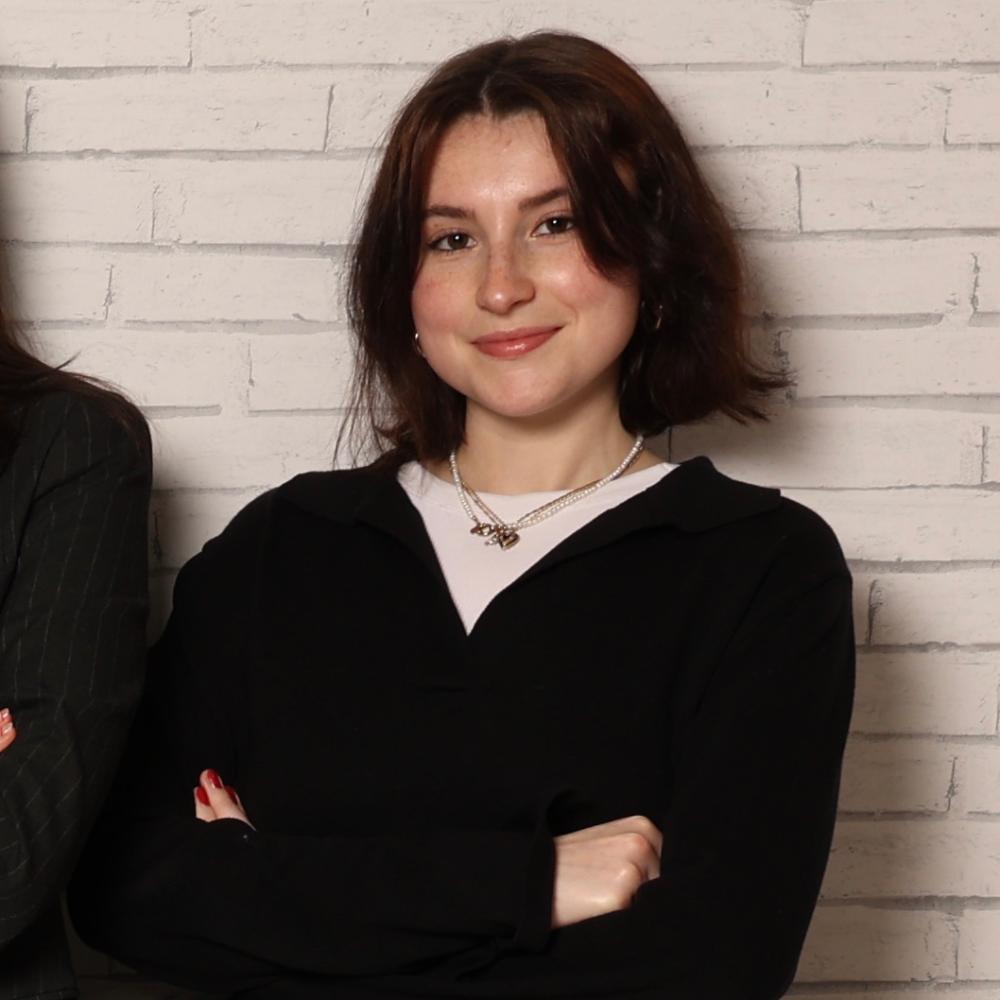
Paula Ebner is a doctoral researcher at the University of Duisburg-Essen. Her academic journey started with a bachelor´s degree in psychology at Maastricht University, which is where she first delved into sex research, investigating the impact of sexual synchrony on sexual functioning. She stayed at Maastricht University, completing a research master´s in legal psychology. In 2023, Paula joined the junior research group INTITEC, merging her legal background with her research experience on sexual intimacy.
Paula Ebner´s research interests include non-consensual forms of porn and the exploration of erotic roleplay with chatbots. For her dissertation project, she chose to investigate the influence of romantic and sexual fantasies on parasocial relationships with chatbots, bringing attention to this previously unexplored dimension of human-AI interaction.

Maria Santaguida, Ph.D. candidate in Psychology, is a Research Fellow at the Astrosexological Research Institute and a Lecturer in the Department of Psychology at Concordia University. They specialize in human sexuality, with a focus on technology-based sexuality, Erobotics, and digital sexual behaviour. Their research explores the applications and implications of emerging sexual technologies (e.g., virtual partners, erotic chatbots, and sex robots) on Earth and in space. Their dissertation delves into the correlates of sexting behaviour among adults. Their doctoral work is funded by the Fonds de recherche du Québec – Société et Culture.

Lindsay is a PhD candidate at York University working at the intersection of sex work and disability. Her research interests include sex work, in the present and past, critical disability studies, embodiment and labour, sex and death. She recently coedited a special issue of Disability Studies Quarterly on sex work. She lives in Toronto with her partner.
Join Us in Shaping the Future
Stay connected with our research journey. Whether you are a researcher, practitioner, or someone passionate about the intersection of technology and sexuality, your support and engagement are invaluable. Together, we can shape a future where sexual health and wellbeing are understood, respected, and promoted.
Join Us


